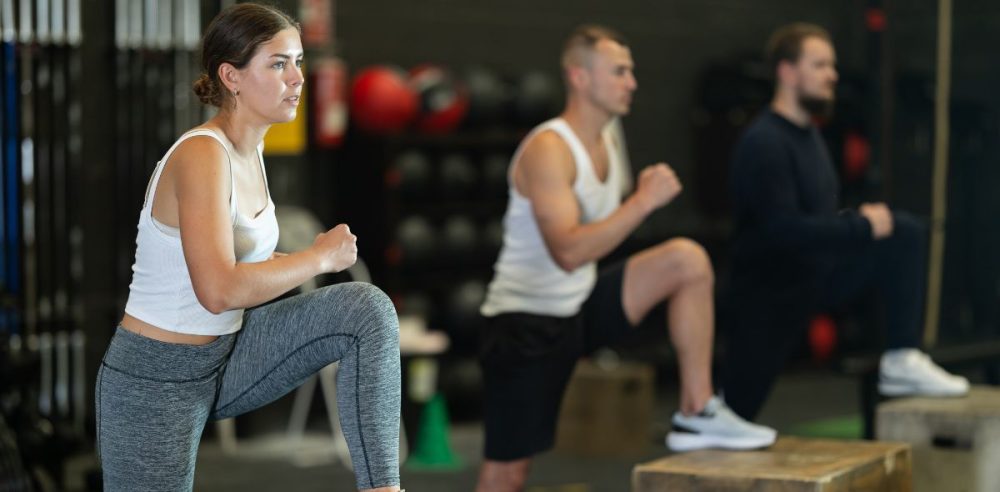While exercise has long been known to improve brain health, even light everyday physical activity can produce immediate benefits.
In a study published in the Annals of Behavioral Medicine last month, researchers from the Penn State College of Medicine found that everyday physical activity, no matter the intensity, can produce short-term, acute benefits for cognitive health.
“Exercise may help improve brain health and prevent brain disease (e.g., Alzheimer’s disease). But, what are the possible brain health benefits of ‘everyday’ types of physical activities like playing with our kids or walking the dog?” asked the study’s authors.
The researchers discovered that middle-aged individuals could improve cognitive processing speed, equal to being four years younger, with even minimal physical activity, like vacuuming.
“You don’t have to go to the gym to experience all the potential benefits of physical activity. … All movement is important. Everyday movement counts as a source of accumulated physical activity that could be credited toward a healthy lifestyle and may have some direct impact on cognitive health,” said Jonathan Hakun, assistant professor of neurology and psychology at Penn State and the Penn State College of Medicine, per Penn State blog.
As previously reported by The Dallas Express, exercise has been shown to have long-term cognitive benefits. The new research, however, shows that even moderate movement can have an immediate positive impact on the brain.
To determine their findings, the team had study participants check in via smartphones six times daily over nine days. During the check-ins, they would report if they had been physically active since their last report, roughly every 3.5 hours. Participants were also asked to rate the intensity of their activity as either light, moderate, or vigorous. They were then prompted to play two games. One game would assess their cognitive processing speed, and the other, their working memory.
The study, which included more than 200 participants, found that individuals who had been physically active since their last check-in exhibited improved processing speed, though no improvements were observed in working memory.
“We get slower as we age, both physically and cognitively. The idea here is that we can momentarily counteract that through movement. It’s compelling,” said Hakun.
“There’s the potential for a brief walk or a little extra movement to give you a boost.”


